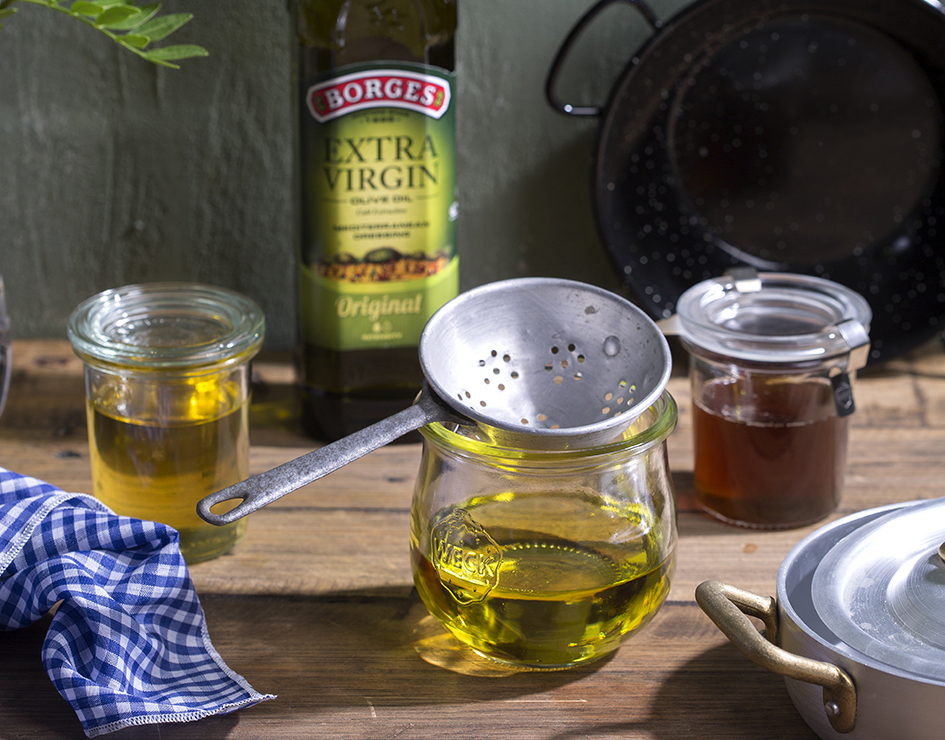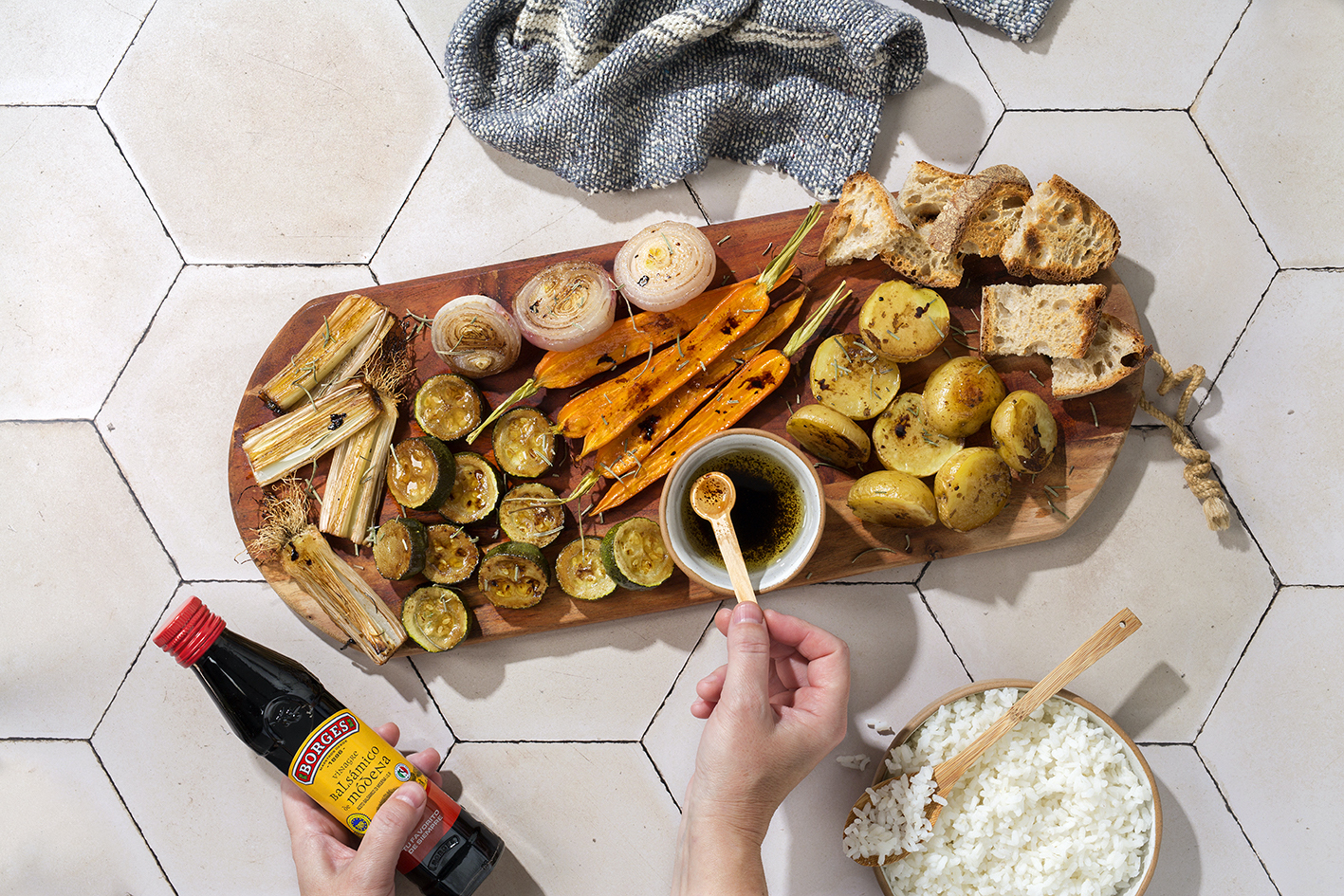Many people still pour used cooking oil down the sink instead of storing it and then taking it to a recycling point. Once oil gets into the sewage system it mixes with soap and other materials to create blockages that are expensive and time-consuming to remove.
Nearer to home, once oil goes down the kitchen sink, it sticks to the sides of the pipes and attracts cockroaches and other insects. Bear in mind that 1 gallon of used oil can contaminate up to 10,000 gallons of water, so it’s vital to recycle it responsibly.
But how?
First, remember that you can reuse cooking oil with a bit of common sense; oil used for frying can then be used to grease a cake tin, for example. Once you decide there’s no more life left in it, though, you should store it in a plastic container and, once full, take it to the nearest recycling point, where it will probably be turned into biofuel.
When it comes to the health of the planet, every little bit helps.


